Europe accepts Russia's demands on gas payments to avoid more shut-offs
European energy companies have agreed to Russian President Vladimir Putin’s demands on gas payments to “avoid more gas shut-offs,” according to a new report.
The companies agreed to go along with the special mechanism set up by Russia to enable them to settle their gas payments, rowing back from the European Union’s strict policy of shunning Moscow over its military operation in Ukraine, The Washington Post reported on Tuesday.
The shift came after Poland and Bulgaria had their gas supplies cut in late April by the Russian energy giant Gazprom after refusing to accept the new payment system. Finland was subject to a similar cutoff this week in retaliation for its ambitions to join the Western military alliance of NATO.
The payment system features creation of a euro account and a ruble one at Gazprombank. The European side buys its required gas supplies in euros by paying into the euro account. The bank then converts the money into rubles and transfers it to the ruble account.
The European countries’ previous across-the-board refusal to fall into line with the payment system “would have pushed prices even higher for consumers and potentially lead to rationing measures across the bloc,” The Post added.
The mechanism has been set up on Putin's orders for the “unfriendly” countries, a reference to the states that have been heaping sanctions on Moscow over its February-present “especial military operation” in Ukraine.
Putin announced the operation in order to “demilitarize” the Donetsk and Lugansk regions in eastern Ukraine. In 2014, the two regions declared themselves new republics, refusing to recognize Ukraine’s Western-backed government.
Ordering the operation, Putin said the mission was aimed at “defending people who for eight years were suffering persecution and genocide by the Kiev regime.”
EU invokes dialog with Russia over Ukrainian wheat
Also on Tuesday, and in another sign of European policy shift towards diplomacy, European Commission chief Ursula von der Leyen called for “dialog” with Russia aimed at unblocking Ukraine’s wheat exports.
She claimed that a food crisis was approaching at full speed and some sort of negotiation with Moscow was needed to unlock, what she called, 20 million tons of wheat that was stuck in Ukraine, Reuters reported.
"I think we should first of all look at the dialog with Russia, whether there is not an agreement that this wheat gets out of Ukraine," she added.
Ukraine accuses Russia of blockading all of its ports, but Moscow has rejected the accusation.
On Monday, the Kremlin blamed Kiev for making its own commercial shipping impossible by placing mines along the Black Sea coast.
Ukraine, which is one of the top wheat producers in the world, says its exports have decreased sharply since Russia launched its military operation.
The Ukraine conflict and the west’s anti-Russia measures have pushed up prices of food commodities in many countries.
Iran condemns G7 hypocrisy on human rights following interventionist statement
VIDEO | Death behind bars: Gaza’s prisoners. silence surrounding them
60,000 weapons bound for Tehran seized as Mossad-trained terror cell busted
VIDEO | 13th day of war
Israeli strikes kill two in Lebanon as UNIFIL warns against ceasefire violations
Trump threatens to slap tariffs on countries opposed to US Greenland takeover
VIDEO | Press TV's news headlines
VIDEO | Iran: A make-or-break moment?


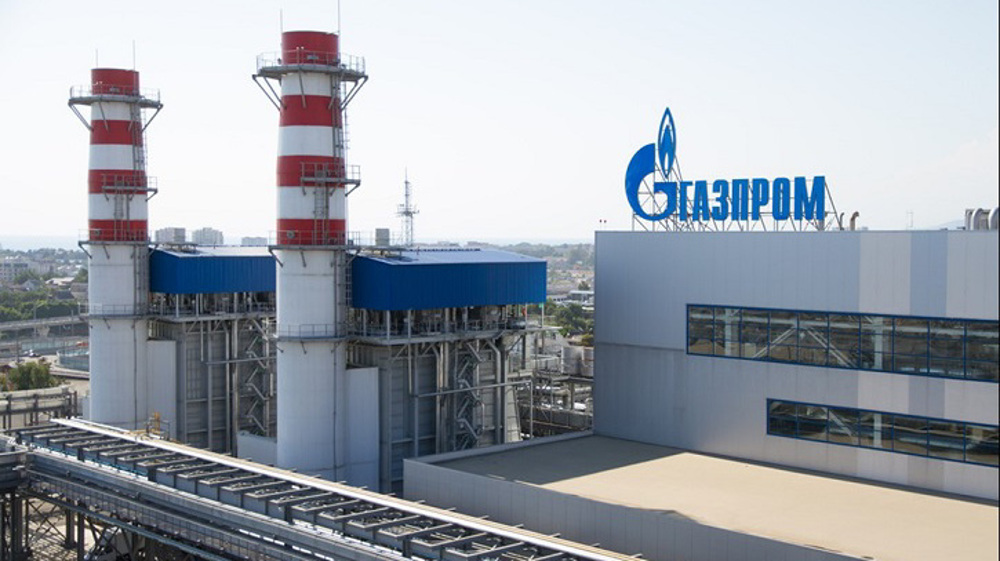
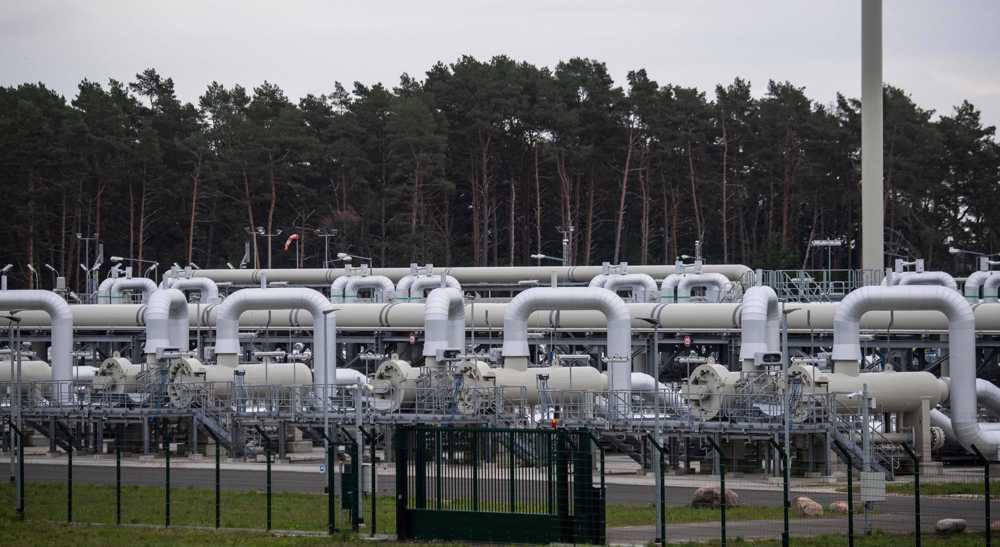
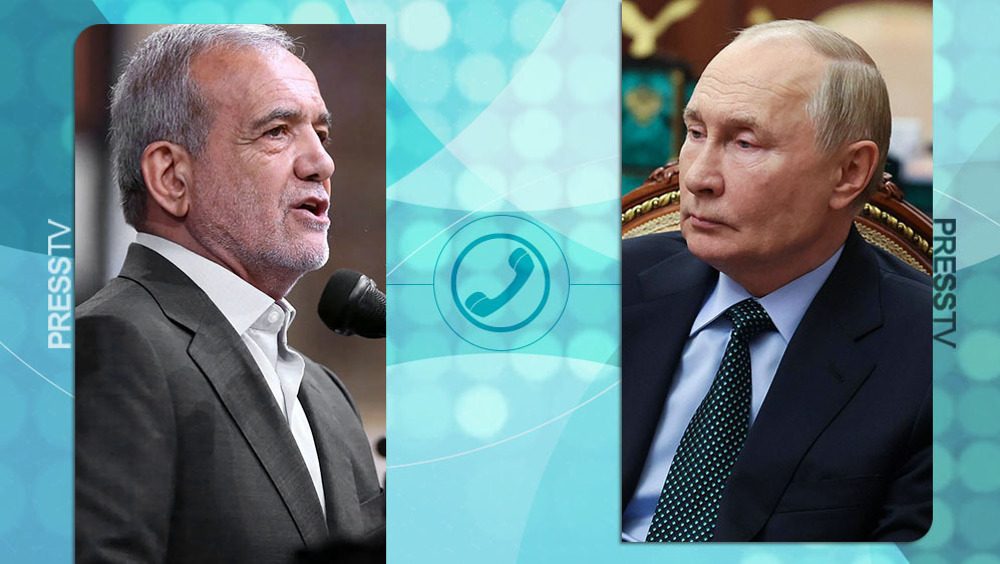
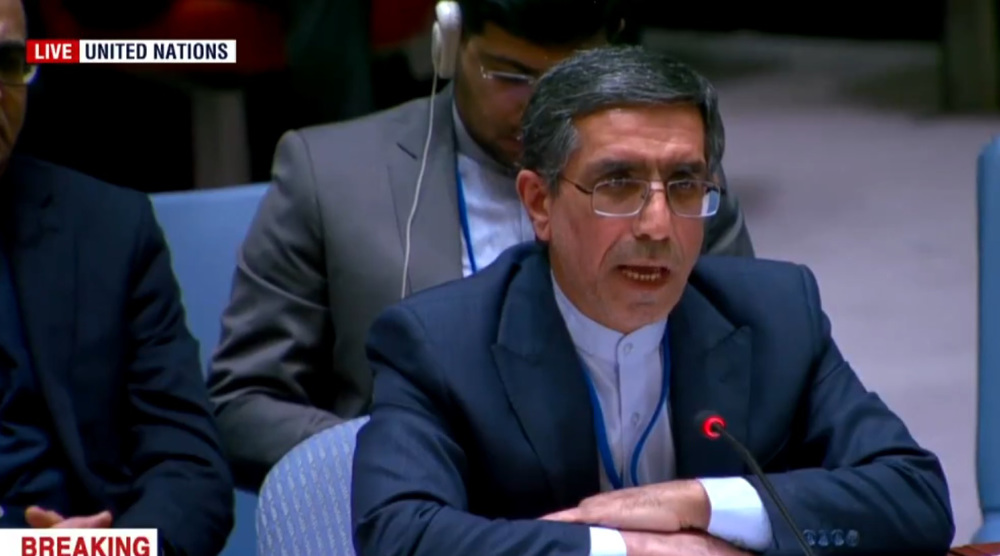
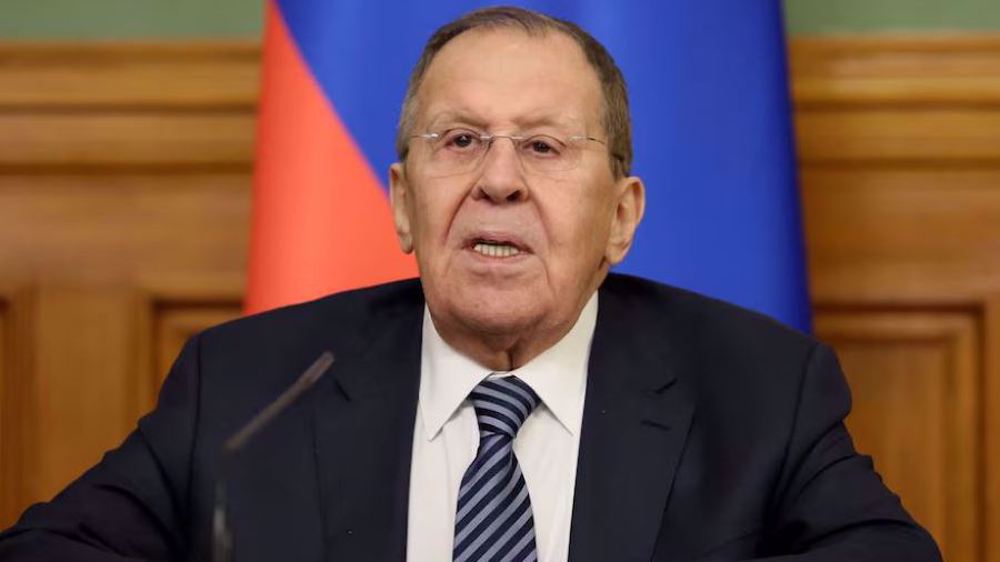



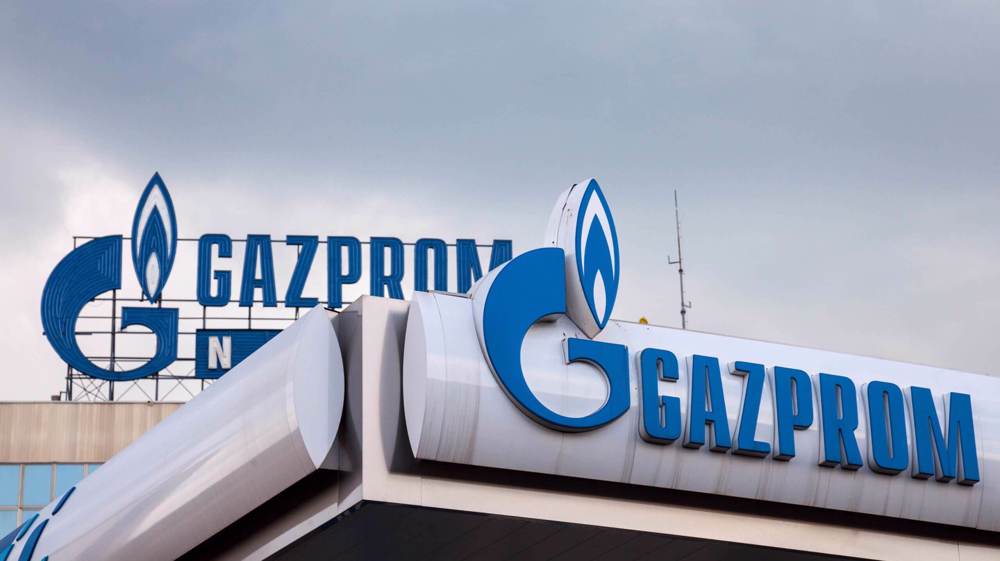
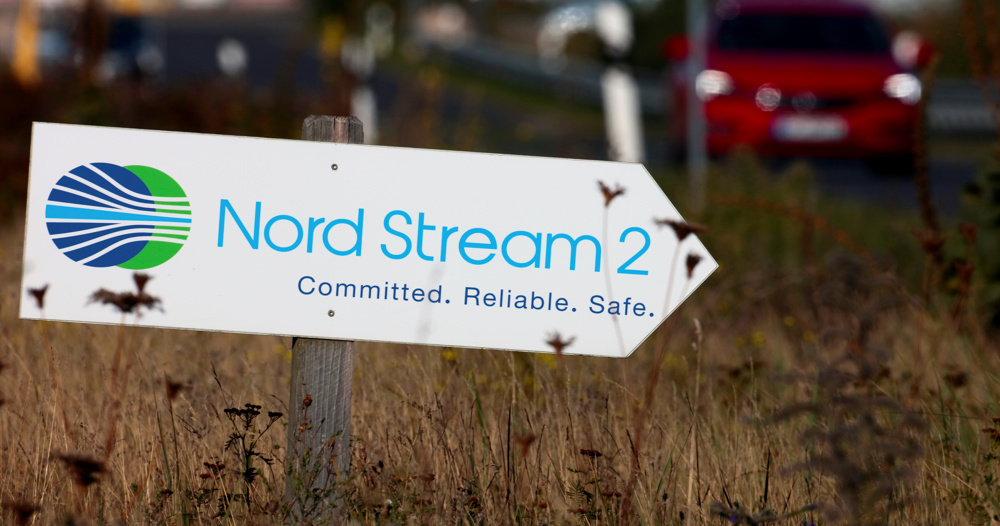

 This makes it easy to access the Press TV website
This makes it easy to access the Press TV website